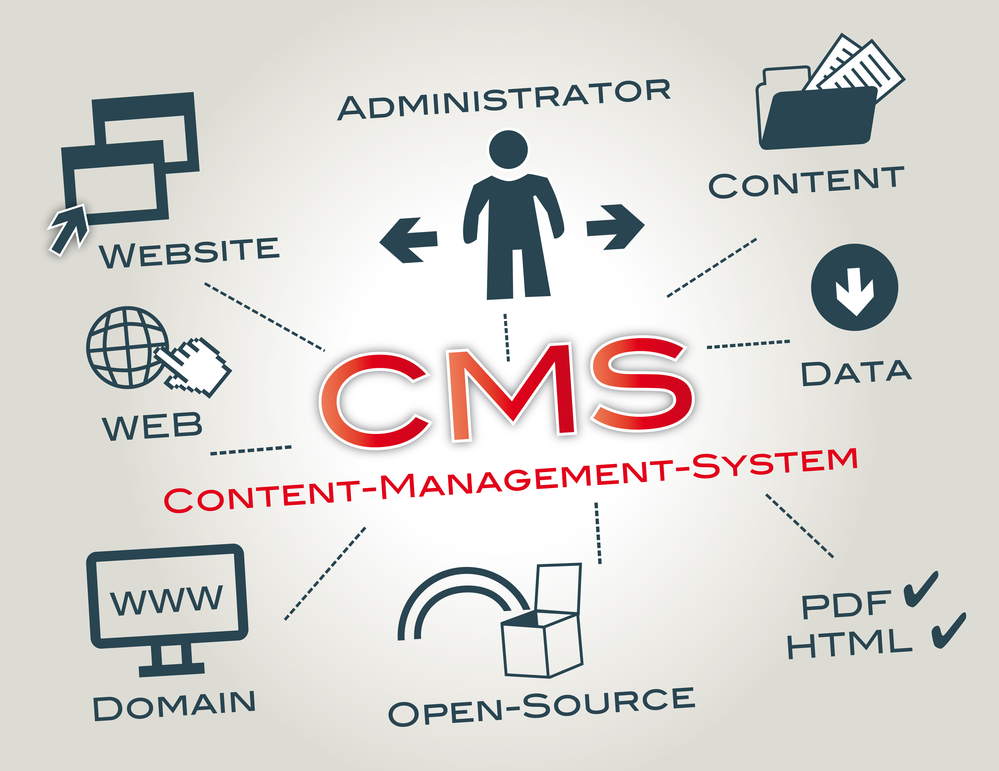Selecting the right Content Management System (CMS) for your website is crucial for its success. A CMS helps you create, manage, and modify content on your website without needing extensive technical knowledge. Consequently, the right CMS can streamline your workflow and improve your site’s performance. Let’s explore how to choose the best CMS for your needs, considering key factors and popular options.
1. Identify Your Needs
Firstly, you must identify your specific needs. Ask yourself what you want your website to accomplish. For instance, do you need a simple blog, an e-commerce platform, or a portfolio site? Each type of website has unique requirements, which will influence your CMS choice. Additionally, consider your level of technical expertise. Some CMS platforms are user-friendly, while others require more advanced skills.
2. Evaluate Ease of Use
Next, evaluate the ease of use. A good CMS should have an intuitive interface that allows you to easily create and manage content. WordPress, for example, is known for its user-friendly dashboard, making it a popular choice among beginners. On the other hand, if you’re more technically inclined, you might prefer a CMS with more customization options, such as Joomla or Drupal.
3. Check for Customization Options
Moreover, customization is a key factor. Your website should reflect your brand’s unique identity, so look for a CMS that offers a wide range of themes and plugins. WordPress excels in this area with its vast library of themes and plugins. However, if you need more control over your site’s appearance and functionality, consider a CMS like Drupal, which allows for extensive customization.
4. Assess Security Features
Security is another critical consideration. Therefore, choose a CMS with robust security features to protect your website from cyber threats. WordPress offers numerous security plugins, but it also requires regular updates to stay secure. Conversely, Drupal is known for its strong security features, making it a preferred choice for government and enterprise websites.

5. Consider SEO Capabilities
Additionally, SEO capabilities are essential for increasing your website’s visibility on search engines. Look for a CMS that supports SEO-friendly practices, such as clean URLs, customizable meta tags, and mobile responsiveness. WordPress is renowned for its SEO plugins, like Yoast SEO, which help optimize your site for search engines. Similarly, Joomla and Drupal offer strong SEO features.
6. Evaluate Support and Community
Furthermore, consider the support and community surrounding the CMS. A large, active community can be a valuable resource for troubleshooting issues and finding tutorials. WordPress has the largest community, providing extensive support through forums, tutorials, and documentation. Similarly, Joomla and Drupal have active communities, though they are smaller compared to WordPress.
7. Analyze Cost
Cost is another important factor. While many CMS platforms are open-source and free to use, additional costs can arise from premium themes, plugins, and hosting. WordPress is free, but premium themes and plugins can add up. Similarly, Joomla and Drupal are free, but customization and maintenance may require professional help, increasing costs.
Popular CMS Options
Now that we’ve covered the key factors, let’s look at some popular CMS options:
- WordPress: Ideal for beginners and versatile enough for various website types, from blogs to e-commerce sites.
- Joomla: Suitable for users with some technical skills who need more flexibility and customization.
- Drupal: Best for advanced users who require extensive customization and robust security features.
- Shopify: Perfect for e-commerce websites, offering built-in features tailored for online stores.
- Wix: A user-friendly, drag-and-drop builder that’s great for small businesses and personal sites.
Conclusion
In conclusion, choosing the right CMS for your website involves assessing your needs, ease of use, customization options, security features, SEO capabilities, support, and cost. By carefully evaluating these factors, you can select a CMS that will help you build and manage a successful website. Whether you opt for WordPress, Joomla, Drupal, or another platform, the right CMS can make all the difference in achieving your online goals.





Leave a Reply